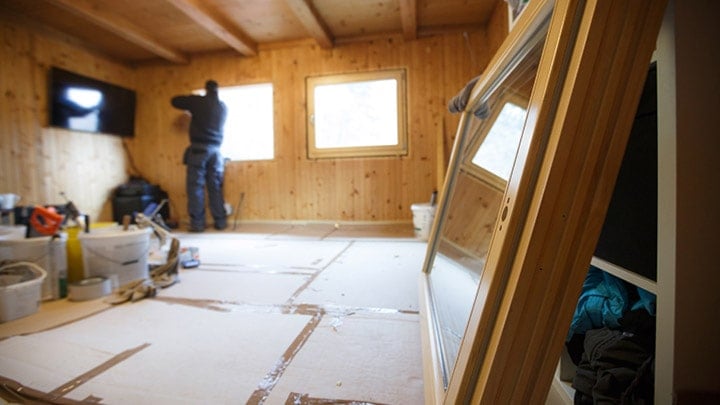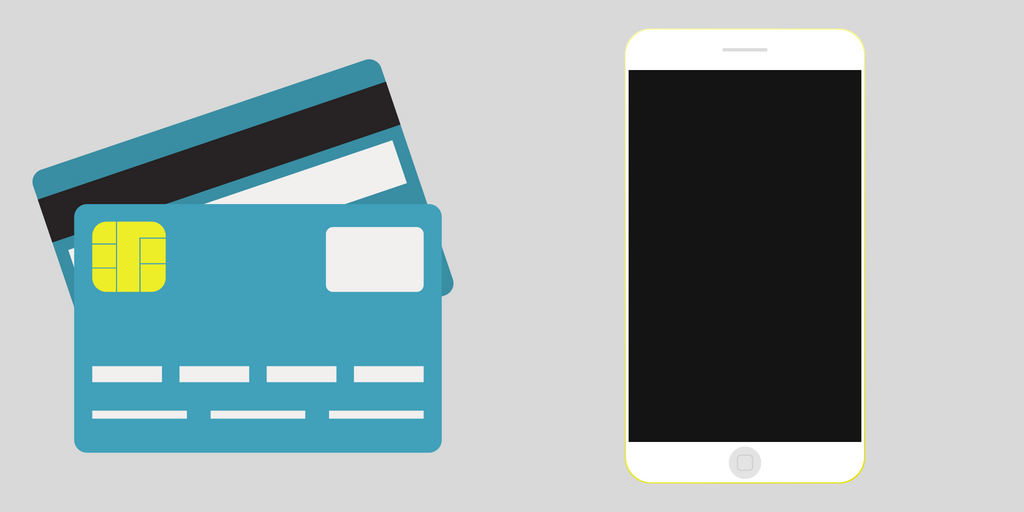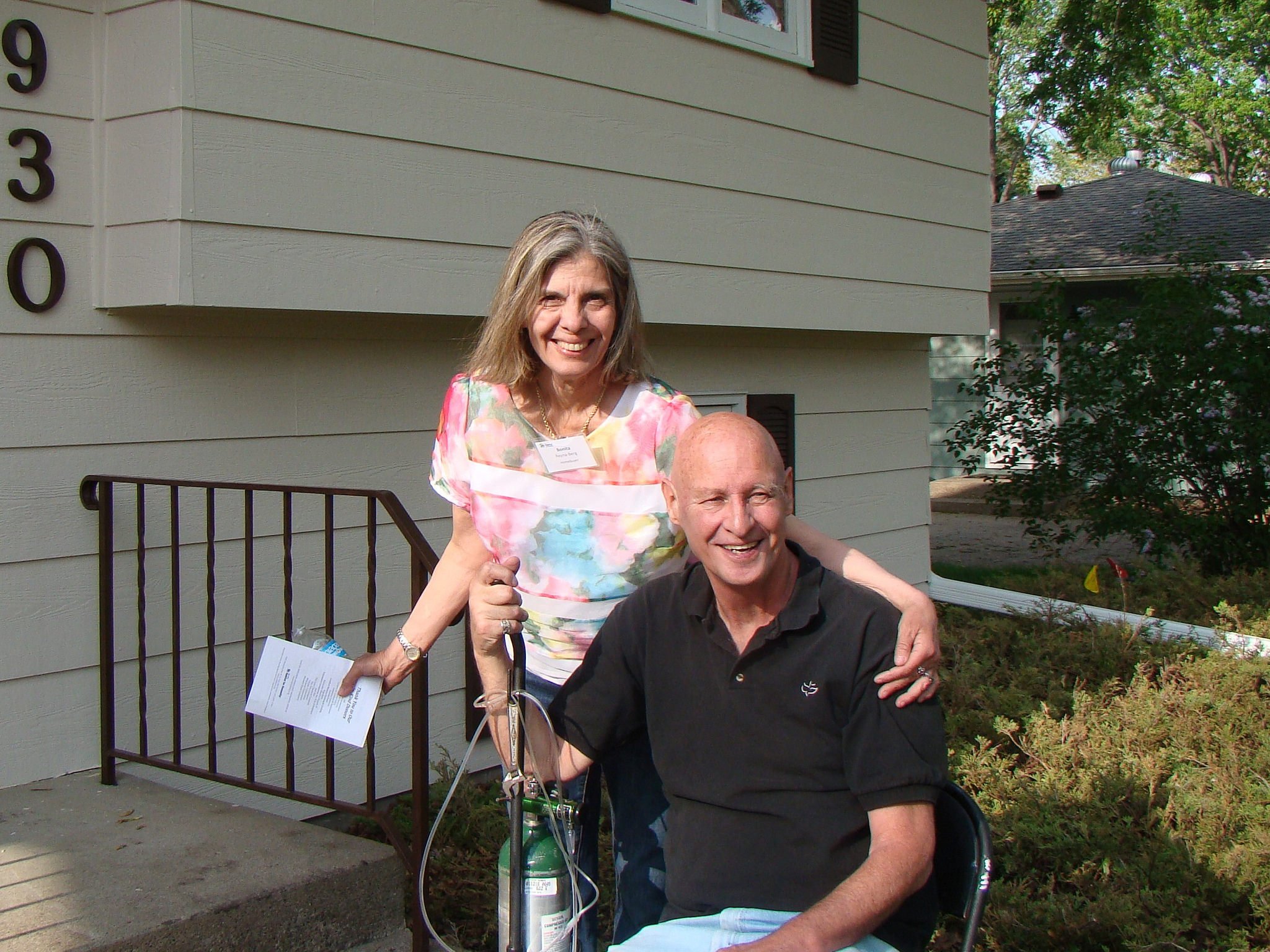Affordable Housing Loan Options for Renters Looking to Become Homeowners
As with any big decision in life, it’s a good idea to do your homework. Same is true if you’re looking to upgrade your status from home renter, to...
3 min read
 Twin Cities Habitat for Humanity
:
12:11 PM on June 9, 2023
Twin Cities Habitat for Humanity
:
12:11 PM on June 9, 2023

For DIY lovers, a fixer-upper home can be the ultimate project.
Often, it comes down to having time, patience, and resources, but fixer-uppers can save homebuyers a lot of money if they are smart about taking care of necessary renovations. While these types of homes tend to come with a lower price tag, you’ll still probably need to take out a loan. That’s where an FHA 203(k) loan might come in. This type of loan allows you to convert a true fixer-upper into a beautiful home, but is it right for you? It definitely has potential, but you should consider the advantages and disadvantages as carefully as the renovation work you're willing to take on.
The Federal Housing Administration (FHA) created 203(k) loans to help homebuyers pay for a house and its renovations using the funds from one loan package. This loan can be advantageous over taking out two separate loans—one loan for the home purchase and the other to fund the improvements.
FHA 203(k) loans can also be used strictly to pay for renovations if you already own a home. In this case, you would have to convert (refinance) your current loan into an FHA 203(k) loan. Many times, however, there are better loan options when funding improvement projects for a home you already own, including a home equity line of credit (HELOC).
The FHA's involvement can be appealing to both the lender and the applicant. Since the FHA guarantees the loan, lenders take on less risk. And because they’re taking on less risk, they are often willing to consider a property they otherwise might resist or reject. Loan applicants with a credit score of 580 or above benefit because they may be able to pay as little as 3.5%towards their down payment, similar to other FHA loans. However, individuals with lower credit scores are expected to pay 10%.
The answers to some of these questions might help you decide whether or not an FHA 203(k) loan is right for you:
FHA 203(k) loans are open to owners (meaning, a home's occupants), as well as nonprofit groups. They are not open to investors. Condo and townhouse owners may apply only to pay for interior renovation work.
Licensed contractors must carry out all the improvements. It doesn't matter how handy or talented you, your friends, or your family members may be with home improvements, the FHA insists on professional-grade work and requires contractors to complete a good deal of paperwork to prove it.
All of the work must be finished within six months. During this time, the money is placed in an escrow account (kept by a third person) and paid to the contractors as they complete the work. In the meantime, and in some situations, the FHA will allow an applicant to borrow extra money to pay for temporary housing.
Here are some of the reasons an FHA 203(k) loan may be appealing to you:
On the other hand, here are some reasons why an FHA 203(k) loan may not be for you:
This last point explains why working with an expert FHA 203(k) lender is important: You want someone who can answer your questions, give you the best advice, and close your loan in an efficient, timely manner.
If your evaluation of the pros and cons indicates that the FHA 203(k) loan isn’t the right fit for you, then you may be interested in a similar rehab loan product offered by TCHFH Lending Inc. Learn more about the homeownership program offered by Twin Cities Habitat for Humanity and how it can help you find the best financial path to owning your own home.
Your gift unlocks bright futures! Donate now to create, preserve, and promote affordable homeownership in the Twin Cities.

As with any big decision in life, it’s a good idea to do your homework. Same is true if you’re looking to upgrade your status from home renter, to...

You're pre-approved for a home loan—congratulations! You're about to embark on one of the most exciting parts of your homeownership journey, and...

Having a good understanding of basic real estate concepts will help you feel confident in the choices you make when buying your first house. You will...